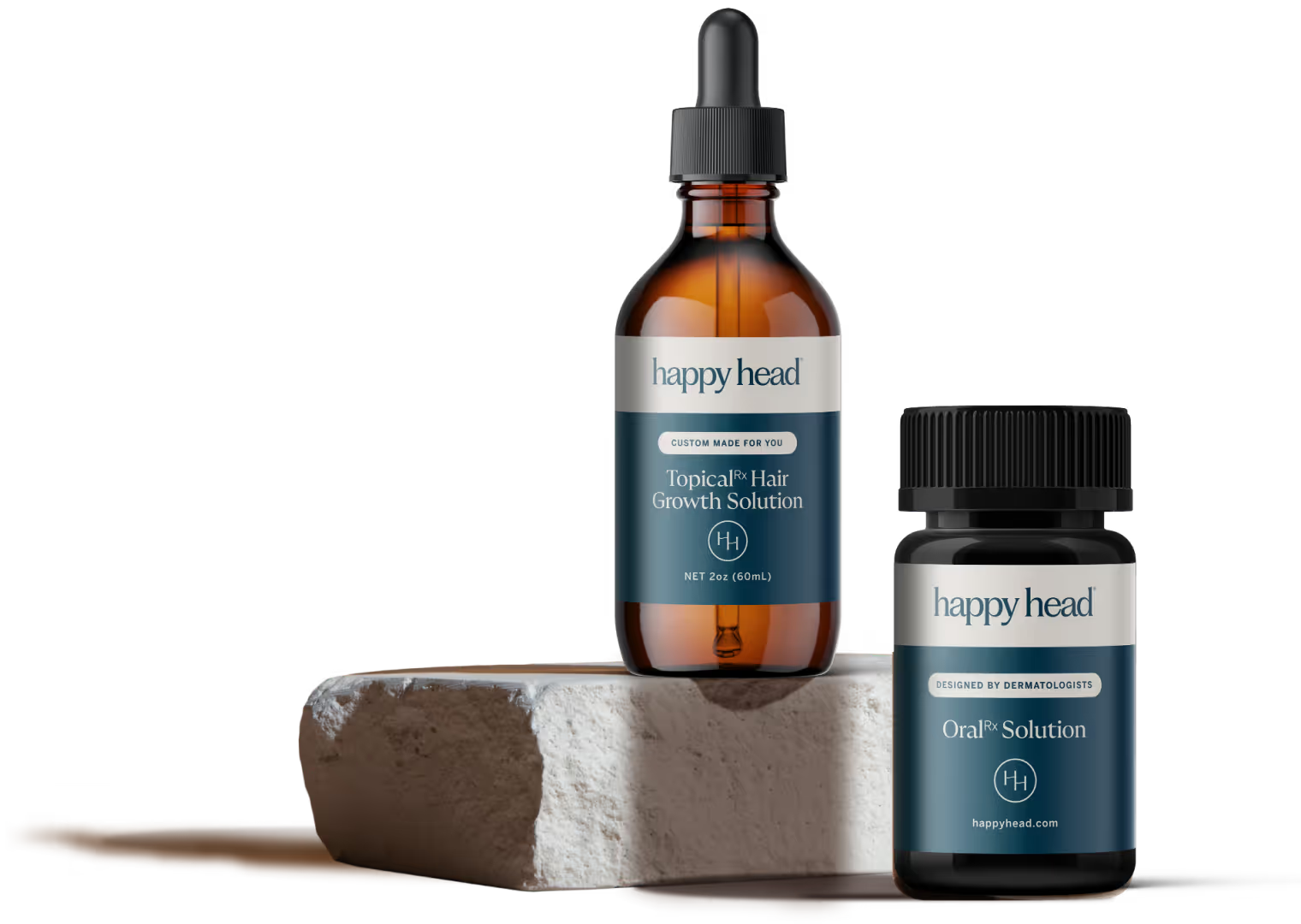Life insurance stands as a critical component in ensuring financial security for families, particularly for the elderly— a group that's unfortunately often targeted for abuse, including financial exploitation. Recent trends show a growing interest in "no medical exam" life insurance policies, likely due to their convenience and the reduced barrier to entry for older individuals or those with pre-existing health conditions. According to a 2021 survey, nearly 40% of Americans would not consider life insurance that required a medical exam. Meanwhile, elder abuse, including financial scams involving life insurance, impacts approximately 1 in 10 Americans over 60, underscoring the importance of navigational know-how in the life insurance market. This concise guide aims to shed light on these issues, offering actionable advice and safeguarding tips for those navigating the complex world of life insurance.
The concept of "no medical exam" life insurance policies can appear alluring, especially for seniors seeking quick and hassle-free coverage. These policies often promise immediate approval without the need for a physical examination, beneficial for those with chronic illnesses or age-related health concerns. However, the convenience may come at a cost—these policies typically carry higher premiums than standard life insurance plans. It's estimated that "no medical exam" policies can cost up to 40-50% more on average, according to a 2022 industry report, making it essential for consumers to weigh the cost against the need for immediate coverage.
Elder abuse in the context of life insurance often manifests in the form of fraudulent schemes or high-pressure sales tactics targeting vulnerable seniors. Scammers or unscrupulous agents might push unnecessary policies, overstate benefits, or enroll elders in services that don't match their needs or financial capabilities. Awareness and education are powerful tools against such exploitation; the National Council on Aging recommends regular reviews of financial and insurance documents by trusted family members or professionals. Moreover, any instance of suspected fraud or abuse should be reported to local authorities or elder protection services immediately to ensure the safety and financial well-being of vulnerable individuals.
To mitigate risks associated with "no medical exam" life insurance policies and counter potential elder abuse, here are several recommendations: first, comparison shop to understand the market and find the most competitive rates. Use reliable online tools and consult with independent experts to get unbiased advice. Second, thoroughly vet insurance providers and agents by checking their licensing and any disciplinary history. Transparency and a reputable track record are your best shields against fraud. Lastly, involve trusted family members or advisors in decision-making processes, especially for significant financial commitments. Their external perspective can be invaluable in identifying red flags or confirming the appropriateness of chosen policies.
Choosing the right life insurance policy is a significant decision, especially for the elderly, who may be more susceptible to various forms of financial abuse. By staying informed and exercising due diligence, individuals can protect themselves and their loved ones from potential exploitation, ensuring that their life insurance decisions align closely with their needs and financial goals. Remember, the best policy is one that provides peace of mind, security, and fairness, regardless of your age or health status.

